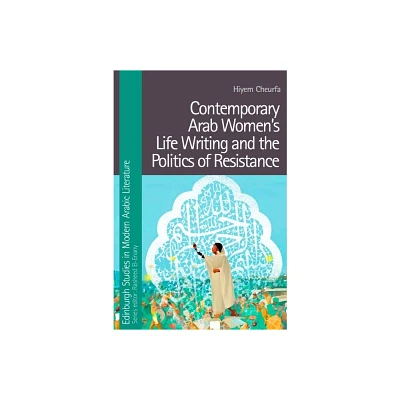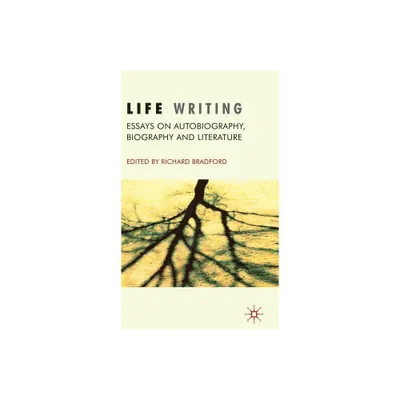Home
Women Writing War: The Life-writing of the Algerian «moudjahidate»
Loading Inventory...
Barnes and Noble
Women Writing War: The Life-writing of the Algerian «moudjahidate»
Current price: $77.35


Barnes and Noble
Women Writing War: The Life-writing of the Algerian «moudjahidate»
Current price: $77.35
Loading Inventory...
Size: OS
*Product Information may vary - to confirm product availability, pricing, and additional information please contact Barnes and Noble
Women Writing War
focuses on the life-writing of the
moudjahidate
, the women veterans of the Algerian war of independence (1954–1962). The author offers close readings of memoir, testimonial, poetry and drama by Jacqueline Guerroudj, Louisette Ighilahriz, Anna Gréki, Zhor Zerari and Myriam Ben, all of whom are documented
and self-identify as Algerian. Reading their life-writing through the prism of theories of intertextuality, ‘minor’ literature and the dialectics of memory and trauma, the author explores the relationship between writing, resistance and political action. Since they compose their work in the first-person voice in the context of the Algerian war, this book argues that their writing operates collectively as a form of counterdiscourse, opening up a textual space where experiences that were previously silenced or marginalized might be expressed.
focuses on the life-writing of the
moudjahidate
, the women veterans of the Algerian war of independence (1954–1962). The author offers close readings of memoir, testimonial, poetry and drama by Jacqueline Guerroudj, Louisette Ighilahriz, Anna Gréki, Zhor Zerari and Myriam Ben, all of whom are documented
and self-identify as Algerian. Reading their life-writing through the prism of theories of intertextuality, ‘minor’ literature and the dialectics of memory and trauma, the author explores the relationship between writing, resistance and political action. Since they compose their work in the first-person voice in the context of the Algerian war, this book argues that their writing operates collectively as a form of counterdiscourse, opening up a textual space where experiences that were previously silenced or marginalized might be expressed.


















